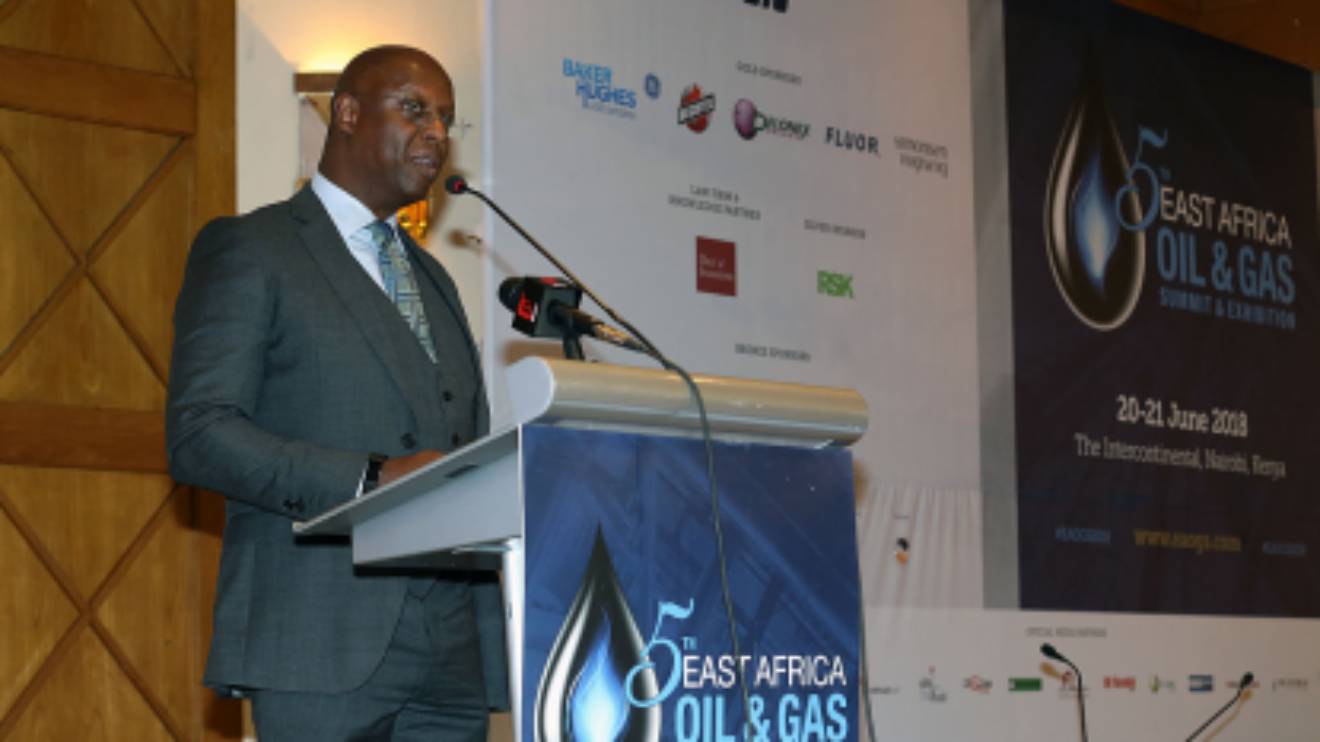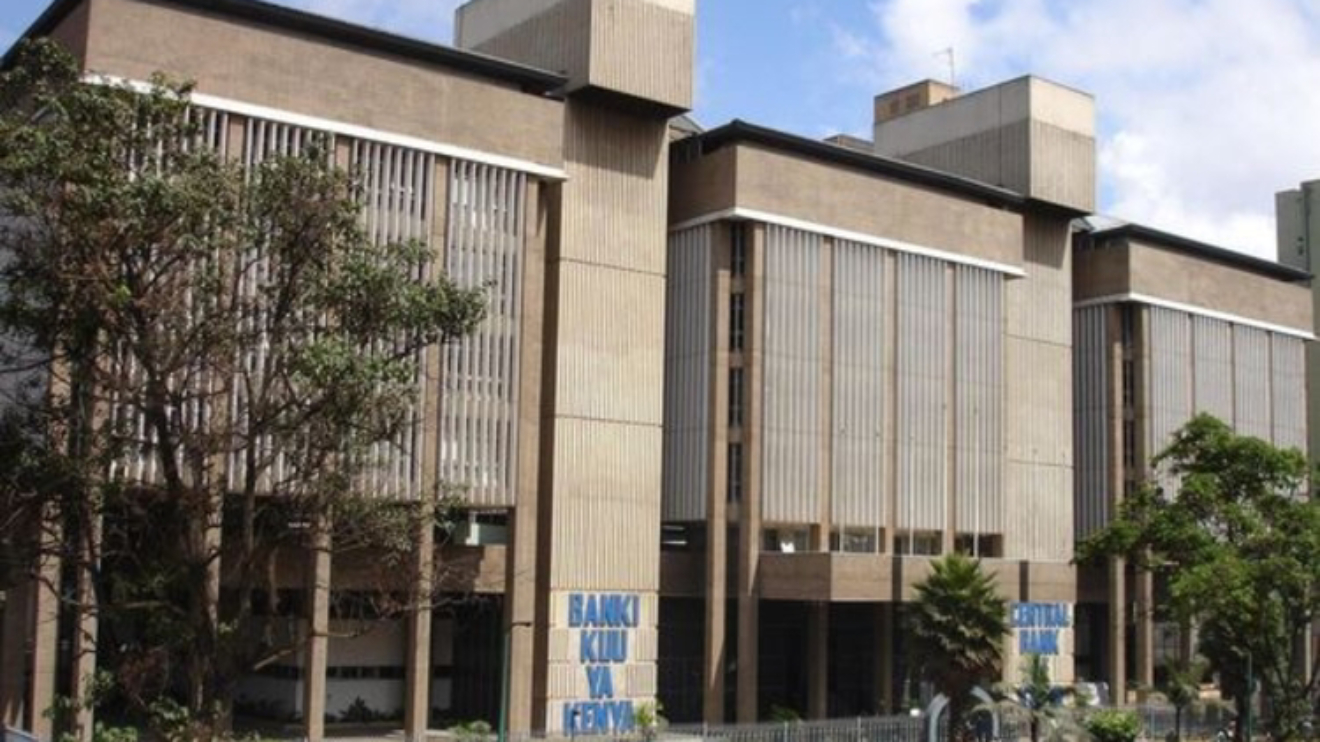The National Oil Corporation of Kenya (NOC) finds itself at a crossroads as a parliamentary committee sheds light on significant shortcomings in its revival plan, particularly regarding the payment of a substantial Sh8.3 billion bank loan.
The committee, assembled by the National Assembly's Committee on Energy, has issued a stern rebuke to the ministries of Energy and Petroleum, along with the National Treasury, for their failure to outline a clear strategy to address the mounting loans owed to KCB and Stanbic Bank by NOC.
NOC's ambitious revival plan hinges on securing a strategic partnership with a multinational oil company, aiming to infuse a minimum of Sh5.3 billion into the State-owned firm.
However, the parliamentary committee has pinpointed a critical flaw in the current proposal.
"Though feasible, the plan does not address existing unpaid bank loans which amount to Sh8.3 billion, with Sh6.1 billion to KCB Group and Sh2.2 billion to Stanbic Bank," the committee unequivocally stated.
Read More
In a report presented before the House, the committee has given the Energy Ministry and the Treasury until the end of this year to furnish a concrete plan for loan repayment.
The report underscores the imperative need for collaboration between the Ministry of Energy and Petroleum and the CS National Treasury to explore viable solutions for the incoming non-strategic partner by January 31, 2024.
This collaboration is deemed essential to address the substantial bank loan balance of NOC, enabling the corporation to fulfill its mandate effectively.
The uncertainty surrounding NOC's financial landscape has also sparked concerns among industry experts.
Questions loom large over the government's strategy for handling the Sh8.3 billion debt and other outstanding obligations to suppliers, potentially casting a shadow over the viability of the proposed strategic partnership and the overall success of NOC's revival plan.
The outstanding bank loans, currently standing at Sh6.1 billion for KCB and Sh2.2 billion for Stanbic, have witnessed nearly doubling figures over the years due to accumulating penalties and interest.
The Cabinet's initial deadline for NOC to onboard an oil firm as its strategic partner by the end of September last year was extended to the end of October, primarily due to delays from the Treasury in granting the necessary approvals to proceed.
As NOC grapples with these financial challenges, stakeholders await a comprehensive plan for loan repayment and resolution of outstanding financial obligations.
The fate of NOC's revival plan remains uncertain, prompting a closer examination of the government's commitment to revitalizing the State-owned oil marketer.







